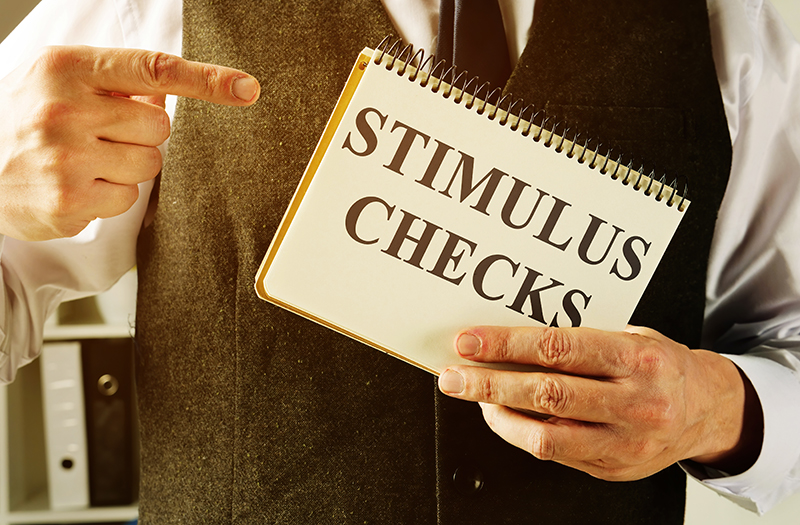I owe back taxes. Will I get a Coronavirus stimulus check?
April 23, 2020 by Karen Reed, EA
Generally, the answer is yes. If you owe back taxes or have a payment agreement with the IRS, you will still receive a stimulus check if you are eligible to receive one – and the amount you receive will not be offset by your tax debt. At this time, only taxpayers whose past due child support payments have been reported by their state to the IRS will have their stimulus payments offset.
The IRS is issuing stimulus payments for the full amounts to single taxpayers who have adjusted gross incomes (AGI) below $75,000 and joint filers with incomes below $150,000. Single filers with incomes between $75,000 and $100,000 and joint filers with incomes between $150,000 and $198,000 will receive a reduced payment. Head of Household (HOH) filers with AGIs of up to $112,500 will receive the full payment, and the payment amount will be reduced for those with incomes between $112,500 and $136,500. These payments are an advance on a 2020 tax credit.
To find out the status of your payment and to learn more about the stimulus payments, please visit the IRS webpage dedicated to Coronavirus Tax Relief and Economic Impact Payments.
Please be cautious when seeking advice about stimulus payments. The best source for this information is the IRS. The IRS will not contact you by phone, email, or text regarding your stimulus payment. Please see the warning IRS has issued here.





